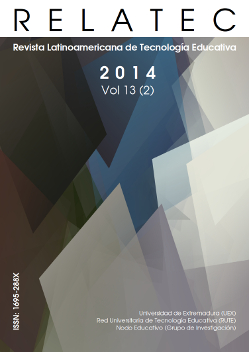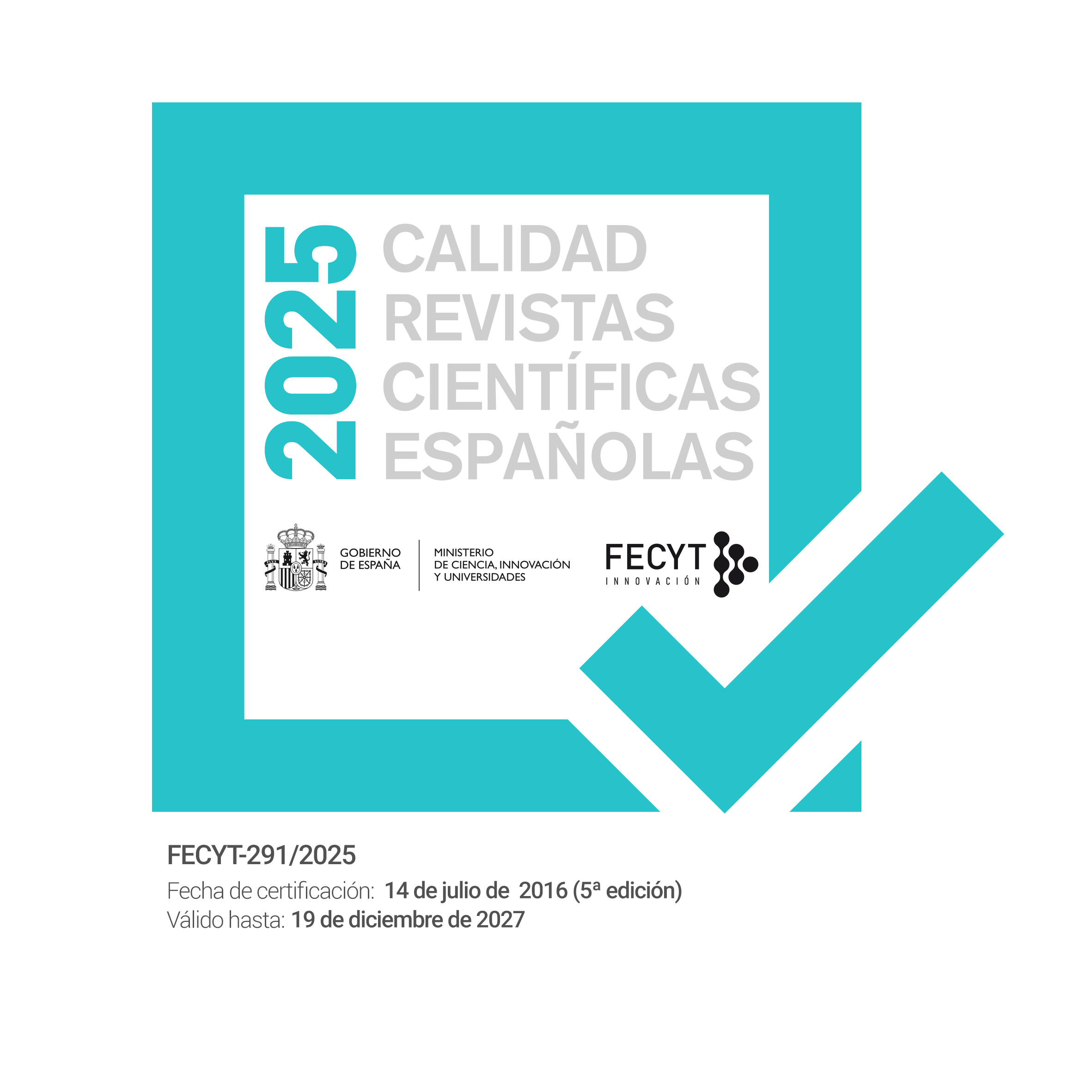Los Entornos Personales de Aprendizaje (PLE). Una experiencia de aprendizaje informal en la formación inicial del profesorado / The Personal Learning Environments (PLE). An informal learning experience in initial teacher training
DOI:
https://doi.org/10.17398/1695-288X.13.2.49Keywords:
Entornos virtuales. Aprendizaje. Formación del Profesorado. Competencia digital. Innovación EducativaAbstract
El trabajo que presentamos surge de un proyecto de innovación docente desarrollado en la Universidad de Extremadura. Tiene como propósito explorar nuevos itinerarios formativos en relación con la competencia digital, la autonomía y el trabajo colaborativo, en estudiantes de Grado de Maestro/a en Educación Primaria, Educación Infantil y Psicopedagogía a través del desarrollo de sus Entornos Personales de Aprendizaje. Estos nuevos entornos hacen posible el fomento de comunidades virtuales de aprendizaje, que combinan ámbitos formales e informales de aprendizaje. Para dicho estudio hemos analizado su tecnografía, valoraciones, opiniones y experiencias acerca de cómo aprende el alumnado. El estudio de las aportaciones del alumnado corrobora que este nuevo enfoque de aprendizaje favorece la adquisición de competencias personales tales como difundir información y comunicarse y ampliar otras competencias profesionales necesarias en el ámbito laboral.
Abstract
The present paper stems from a large project of teaching innovation developed at the University of Extremadura. Its purpose is to explore new training routes in relation to the several skills such as teamwork, self-autonomy and digital competences. Specifically, we present the experience carried out with students from Elementary Education Degree, Early Childhood Education Degree and Learning Psychology Degree using and developing Personal Learning Environments. These new environments make possible the development of virtual learning communities that combine formal and informal learning environments. For this study, we have analyzed its technopraphy, ratings, opinions and experiences that the students expressed about the learning with this tool. The study of student contributions confirmed that this new learning approach favours the acquisition of personal skills such as communicate and disseminate information and expand other professional skills needed at labour market.
Downloads
Downloads
Published
Issue
Section
License
Authors who publish in this journal accept the following conditions:
1. The Author retains copyright in the article. Upon acceptance of the article, the author shall grant to the Publisher the right of first publication of the article. with the dcoument registered with the Creative Commons Attribution-NonCommercial-NoDerivative 4.0 International (CC BY-NC-ND) license, which allows to third parties to use what is published whenever they mention the authorship of the work and the first publication in this journal.
2. Authors can make other independent and additional contractual agreements for the non-exclusive distribution of the article published in this journal (eg, include it in an institutional repository or publish it in a book) provided they clearly indicate that the work was published for the first time in this journal.
3. Authors are allowed and recommended to publish their work on the Internet (for example on institutional or personal pages) before and during the review and publication process, as it can lead to productive exchanges and a greater and faster diffusion of published work (see The Effect of Open Access).









